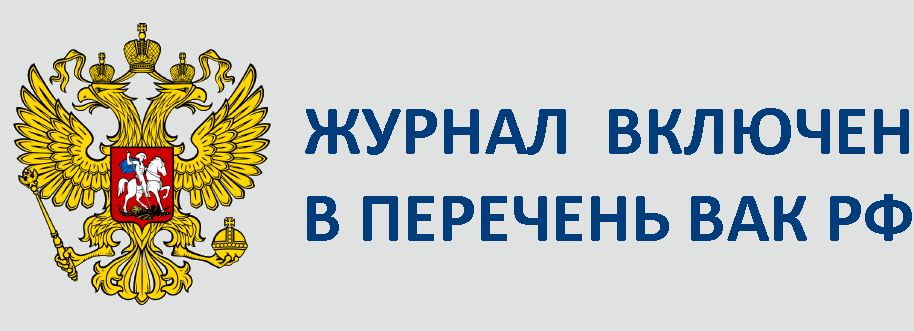№4-2024-03
DOI:10.22281/2413-9912-2024-08-04-20-26
Dubrovsky A. M.
FUTUROLOGICAL CONCEPTS OF EARLY BOLSHEVISM
AND POLITICAL PRACTICE (1910s-1930s)
Historical science has not yet created a complete picture of the evolution of Bolshevik ideology. In any ideology, there is an idea of the desired social structure. The article deals mainly with the views of V.I. Lenin and I.V. Stalin on socialism – the society that was created by the Bolshevik government. It turns out that the theorists of Bolshevism, whose works represent two different bands of Bolshevik political practice, had a clear understanding of what they wanted to destroy in their modern capitalist society, and only in the most general terms did the leaders and theorists of the party imagine what should be created. Lenin focused mainly on the experience of the Paris Commune. At the same time, Lenin also noted what the Commune did not finish or did not do at all (the bank was not nationalized, the 8-hour working day was not legalized). The first transformations of the Soviet government repeated what the Commune had done at the time. Even then, it was necessary to adjust the ideas about the socialist transformations of the preservation (standing army). Stalin could rely on the richer experience of socialist construction in the USSR. Gradually, the social ideal lost its utopian features and assumed a realistic appearance of the social structure, in particular, in the field of commodity-money relations, wages, relations between the republics of the USSR, workers’ control, and the liquidation of the standing army.
Keywords: Ideology, capitalism, socialism, communism, the Paris Commune, the theory of building socialism in one country, cooperation, equalization, trade/
Bryansk State University named after Academician I.G. Petrovsky (Russia).
Это произведение доступно по лицензии Creative Commons «Attribution-ShareAlike» («Атрибуция — На тех же условиях») 4.0 Всемирная






